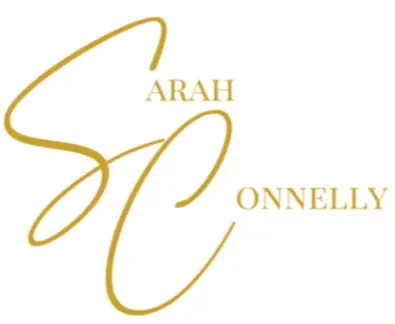
The Necessary Pain Of Change
I don’t know about you, but last year was a tough year. It involved a lot of growth (aka pain), and I was challenged to change a lot of old beliefs about myself and the world. I had to get very clear on what I wanted out of the next stage of my life and commit to putting in a huge amount of effort. It wasn’t ‘goals’ exactly, moreover creating a new way of seeing myself and the world which in turn has led to achieving some goals already, that I used to think were impossible.
Why The New Year Wasn't 'The Time'
From 2020 to 2024 I worked for an organisation that offered programs to help people quit drinking. I imagined that January would be the busiest month, with people wanting to start the new year with a break from alcohol. But, it wasn’t until March that the floodgates would open, and streams of people would join up, spending a significant sum of money in the hope of achieving something they couldn’t seem to do alone.
Why did this happen in March?
What I believe was happening is this.
· January – New Year's Resolution to stop drinking with varying degrees of success.
· February – Reward for not drinking. Going back to try and moderate.
· End of February – Moderation is not working, and drinking habits go back to the same or worse.
· March – A new resolution, to get serious and get support.
At the end of February, these people were in so much pain with their frustration at themselves and at alcohol that they knew they had to try something different.
This was the case for me and my drinking back in Oct 2019. The pain caused by drinking became worse than any pleasure I got from it. I knew I couldn’t do it alone (I’d tried multiple times) so I knew that I needed to do something different. Similarly last year I knew I needed to change my approach and attitude about certain things about myself. The pain of staying the same was greater than stepping out of my comfort zone.
I sought help. I made myself accountable and I took uncomfortable action.
Pain Is The Primary Motivator For Change
According to all sources that I have studied over the years we don’t commit to real change unless the issue we’re facing is causing more pain than the pleasure it once delivered.
Your Tolerance For Pain Determines Your Rockbottom.
For some, it’s the pain of hangxiety, for others the pain of guilt and shame, and as we progress toward substance use disorder it’s the pain of fractured relationships, job loss, or DUIs. At the very end of the scale, the pain can come in the form of severe diseases including cancer, liver or heart disease.
Quitting alcohol was a huge deal at the time, I was terrified and I really didn’t want to quit. But I knew the pain of staying the same would only get worse.
Quitting alcohol taught me that I can tolerate a lot of pain when I know I’m working toward something unknown, but greater and more exciting than staying stuck.
The Stages of Making A Commitment.
1. Denial of a problem
3. Contemplation – Do we really have to/want to change?
4. Decision to act – The pain outweighs the benefits
5. Commitment - To yourself , and/or by investing money and/or time.
6. Action – We step out of our comfort zone.
The Five Key Things That Make Change Easier.
1. A clear reason, intention/goal, and a positive approach - “I get to change” not “I have to change”.
2. Some kind of investment (financial, time, or both)
3. Accountability to someone other than yourself.
4. A firm, non-negotiable commitment shared with others.
5. Daily action ( laser focus on the goal, small steps every day, and consistent reward for our efforts.
I certainly don’t achieve everything I set my mind to immediately. Some things I’ll be working on for a lifetime, but I have a formula, and if I follow it well, it always works.
If you’d like to learn how to set your body up for success with the right diet and supplements that will reduce cravings you can grab a copy of the Crush Cravings guide HERE.
And if you’re heading into February wanting support, community, and accountability you can join us on the 30-Day Power Pause starting on Feb 3rd.
Sending love,
Sarah x



